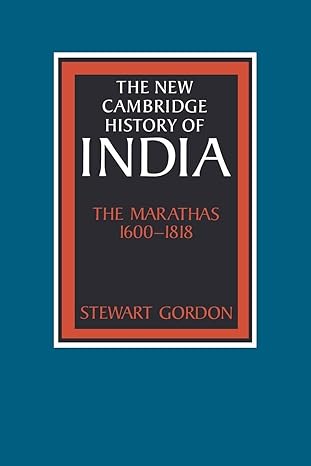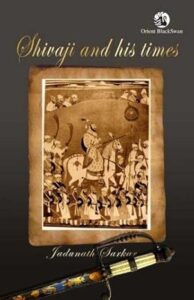Since the early days of cinema, propaganda films have been produced to serve shifting political purposes. Before delving deeper, it’s useful to recall the definition of propaganda: “information, often biased or misleading, used to promote a particular political cause or viewpoint”. Today, many so-called “historical” films are carefully crafting a narrative that casts Muslims as villainous anti-nationals while portraying Hindus as patriotic heroes. Each of these films contributes to the growing alienation of Muslims within their own country.
When history is learned through mainstream Hindi cinema, distortion isn’t a risk, it’s a guarantee.
The recent entrant in the series of such ‘historical’ movies is Chaava, based on the life of Sambhaji Maharaj, son of Shivaji Maharaj. The portrayal of Mughals and Marathas was on similar lines as other ‘historical’ movies – evil Muslims and virtuous Hindus. The movie created a frenzy and debate in the news studios and on social media. Funny how the same folks who thought history class was the ultimate yawn now claim they missed out on the ‘real’ story of India. Some enthusiastic ones even came out on the roads and demanded the removal of Aurangzeb’s tomb. by the political frenzy and the shallow historical narratives gaining traction, I felt compelled to dig deeper. That search led me to Stewart Gordon’s compelling study of Maratha history.
The Marathas, as the title suggests, is a comprehensive exploration of the Maratha Empire’s history. What sets this book apart is the author’s meticulous research, drawing extensively from Maratha administrative records and family papers made available to scholars. Additionally, the use of bakhar literature — historical narrative written in Marathi prose– adds another dimension to understanding Maratha polity. The book gives the ancestral background of Shivaji, his rise to power, the expansion of the empire, and his complex relations with both the Mughals and Deccan rulers. It also delves into the various Maratha factions and examines the trajectory of the empire after Shivaji’s death. With detailed insights into internal politics and the Marathas’ campaigns in northern and eastern India, the book offers a nuanced portrait of one of the most significant powers in Indian history.
Reading through the pages, one realises that history is complex and full of nuances. It cannot be reduced to simplistic binaries of good versus bad, virtuous versus evil, or loyal versus anti-national. The majority of books, especially hagiographies, are guilty of presenting history in binaries. Several novels simplify Shivaji’s legacy, casting him as a Hindu king in opposition to Muslims—an interpretation that overlooks the complexity of his historical role. Although many of his commanders were Muslims and the main commander of Aurangzeb was Hindu Raja Jai Singh, who campaigned against the Marathas and Shivaji. Such narratives have become increasingly prevalent in contemporary politics, as they serve to vilify and marginalize Muslims. By framing Hindus as the original inhabitants of the land and Muslims as foreign invaders, these stories lay the ideological groundwork for the vision of a Hindu Rashtra. The book provides a critical re-examination of Shivaji and other Maratha leaders, debunking many popular myths.
The book is well researched and gives a detailed account of the Maratha polity. It is a good starting point to understand the Maratha history, the rise and fall of the Maratha Empire. Though the book is relatively short at 209 pages, it’s densely packed with information and data, which may require time and focus to fully absorb. To truly benefit from it, attentive reading and note-taking are essential.
A must-read for anyone interested in history. This book is a part of the prestigious New Cambridge History of India series, a multi-volume work of rigorous scholarship assuring readers of credibility and academic integrity.
About the Author
Stewart Gordon is a Senior Research Scholar at the Center for South Asian Studies at the University of Michigan — and the author of three books on Asia. He earned his BA, MA. and PhD at the University of Michigan. He received a Woodrow Wilson scholarship in graduate school — and did groundbreaking research on the original documents of the Maratha Empire in India, which culminated in several books.
The book is available on archive.org for free.


